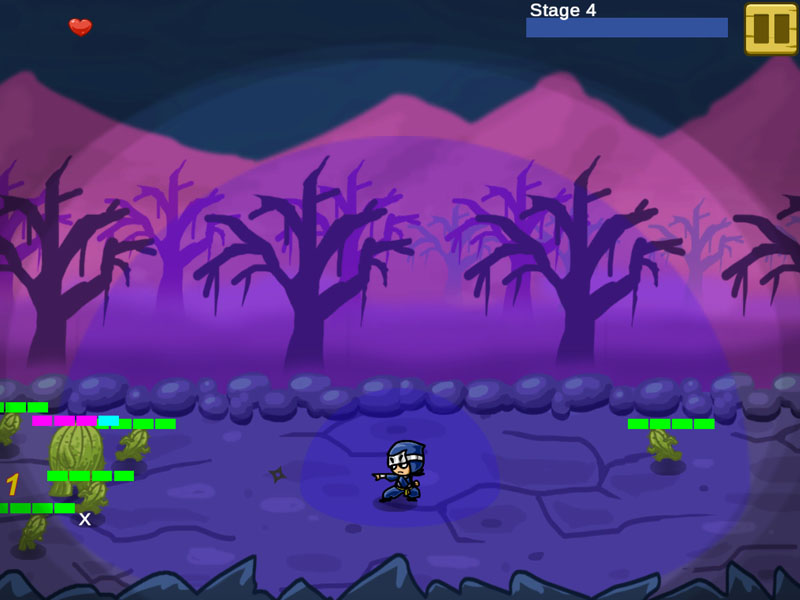Project Kuro was my pick for the most awe-inspiring video innovation at this year’s CES. Pioneer came out with their new line of plasma TVs that were completely re-engineered this past year called “Kuro.” At CES 2008, they unveiled their future concept plasma in a screening room. Download the latest version of Scrapbook Kuro for Mac - Scrapbook widget, system service, and app. Read 0 user reviews of Scrapbook Kuro on MacUpdate.
Project Kuro was my pick for the most awe-inspiring video innovation at this year’s CES. Pioneer came out with their new line of plasma TVs that were completely re-engineered this past year called “Kuro.” At CES 2008, they unveiled their future concept plasma in a screening room. (Showing off what their technology can do, sort of like a concept car.) It’s so flat (thinner than an iPhone) that it practically disappears when you try to take a picture from the side. Still it’s style is commonplace among the LCDs that were shown and it’s form is the least of its impressive traits.
Pioneer demo’d the new prototype called “Project Kuro” in a small black screening room. In pitch-black darkness, they pulled back the curtains, and showed scenes on 3 screens. One on the left wall, one on the right and another in front of us, but to the left. I thought it odd that it wasn’t centered in front of us. They showed us beautiful video of cinematographers and other filmmakers talking about the importance of picture quality. Then it faded out. A white ring on a black background appeared on the screens. Then I noticed that there was another twirling ring to the right of the front TV. But it was just a twisting, twirling ring. It seemed to float in space. As the two rings danced in front of me, the one on the TV to the left and the one in space, my brain made the connection… There was another TV to the right of the one we had been watching. You could hear everyone in the room GASP!
NO WAY! Wait a minute. This floating ring was the demonstration of the new Project Kuro TV. The black in the picture that surrounded the object disappeared into the darkness. The TV emitted NO LIGHT from the black pixels so only the colors appeared before our eyes, making the object appear to float in space. Next came a floating, velvet red rose, fish swimming in the blackness in front of me, and other flowers. Try as I might, though I couldn’t have been more than 8 feet from this TV, I could not see the bezel (frame) of the TV nor any of the black screen. And the Blu Ray Disc footage was just as stunning–3 dimensional.
This black was like velvet, smooth, seamless. Watching the Project Kuro, I got tears in my eyes–as I do when looking at any thing of beauty. Other reporters described the hair standing up on their neck. This was not just a good picture…it was poetry.

In case you wonder how this is possible…it is all about self-emitting plasma cells. That is, rather than a cell creating the color “black,” when the cell gets the information to be black, it lets out no light at all. And in total darkness, those black plasma cells slip into the background. “>Here are the best pictures I could find that illustrates the difference between the current Kuro and Project Kuro.
I can’t stop reliving the awe of the Project Kuro and can’t wait until it is available. Another thought strikes me however. I think of people who discuss using inexpensive HDMI cables to save money. When I get a TV like this, I can’t imagine trying to save $50 or so and risk not getting all of that amazing picture (after all the picture has to come from a source). And it’ll be good to pair it up with the best Blu-ray Disc player I’ll be able to find at the time!
Kuro Survival For Mac Catalina
Luckily as time passes, I am able to go back to watching my Panasonic Plasma and enjoying its beauty for now.